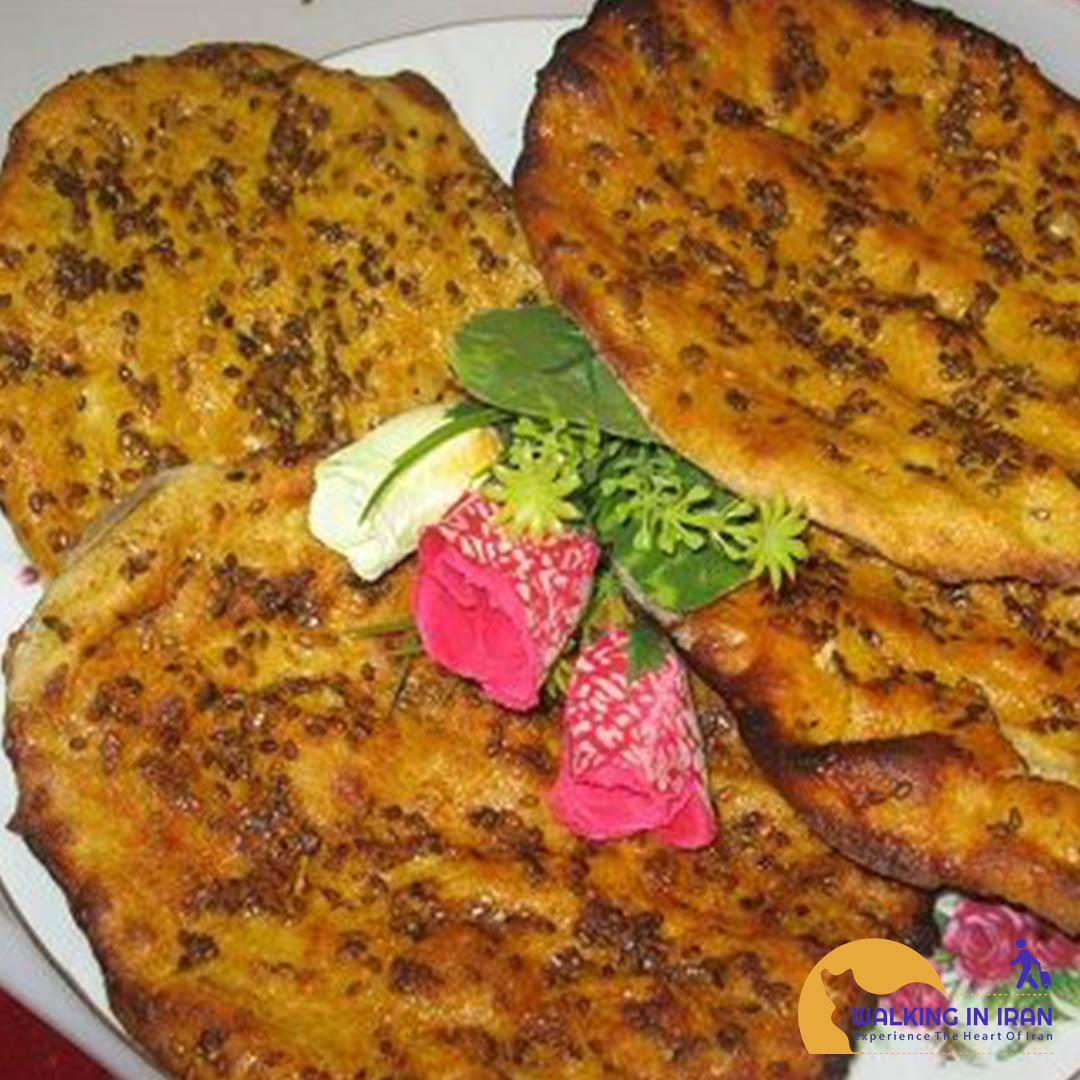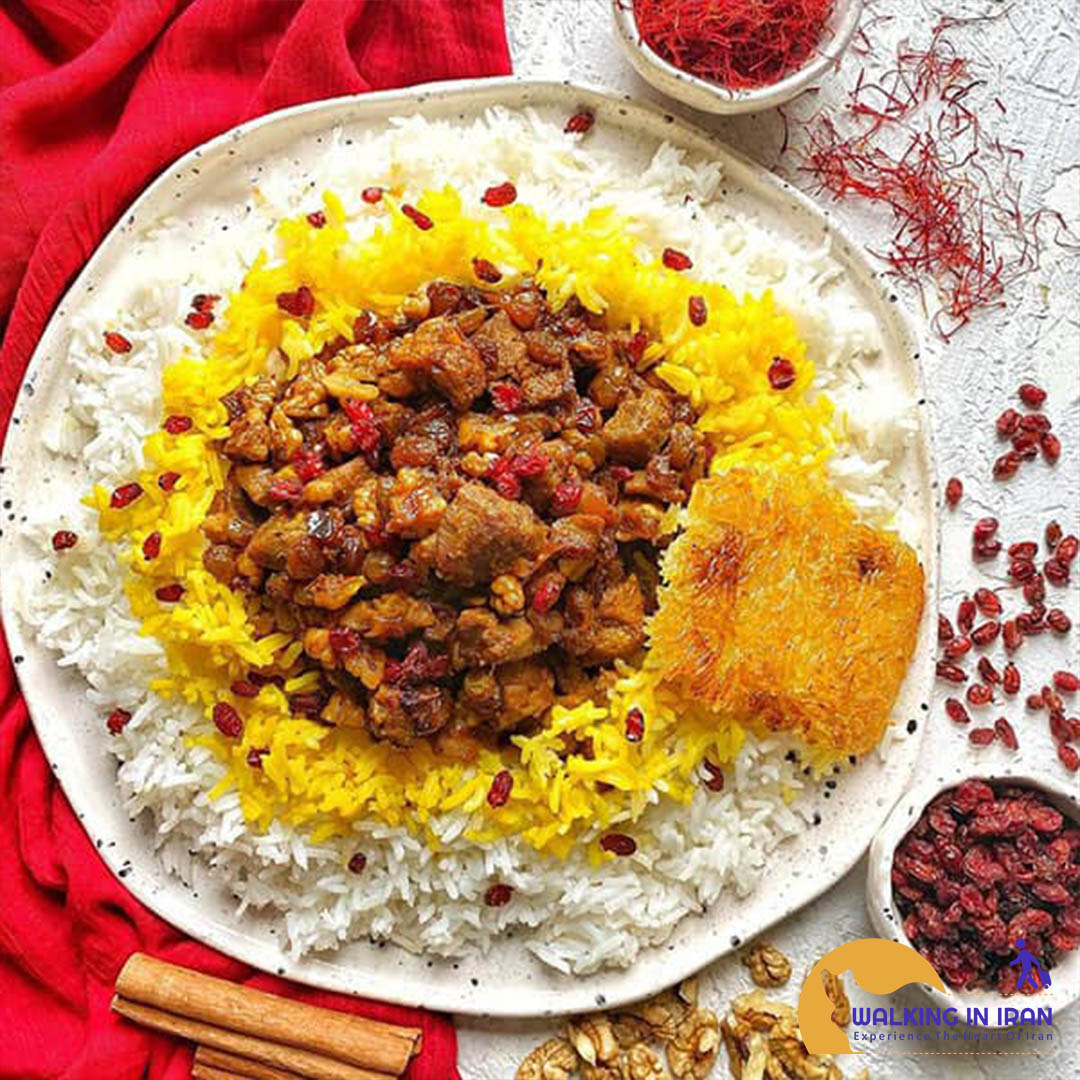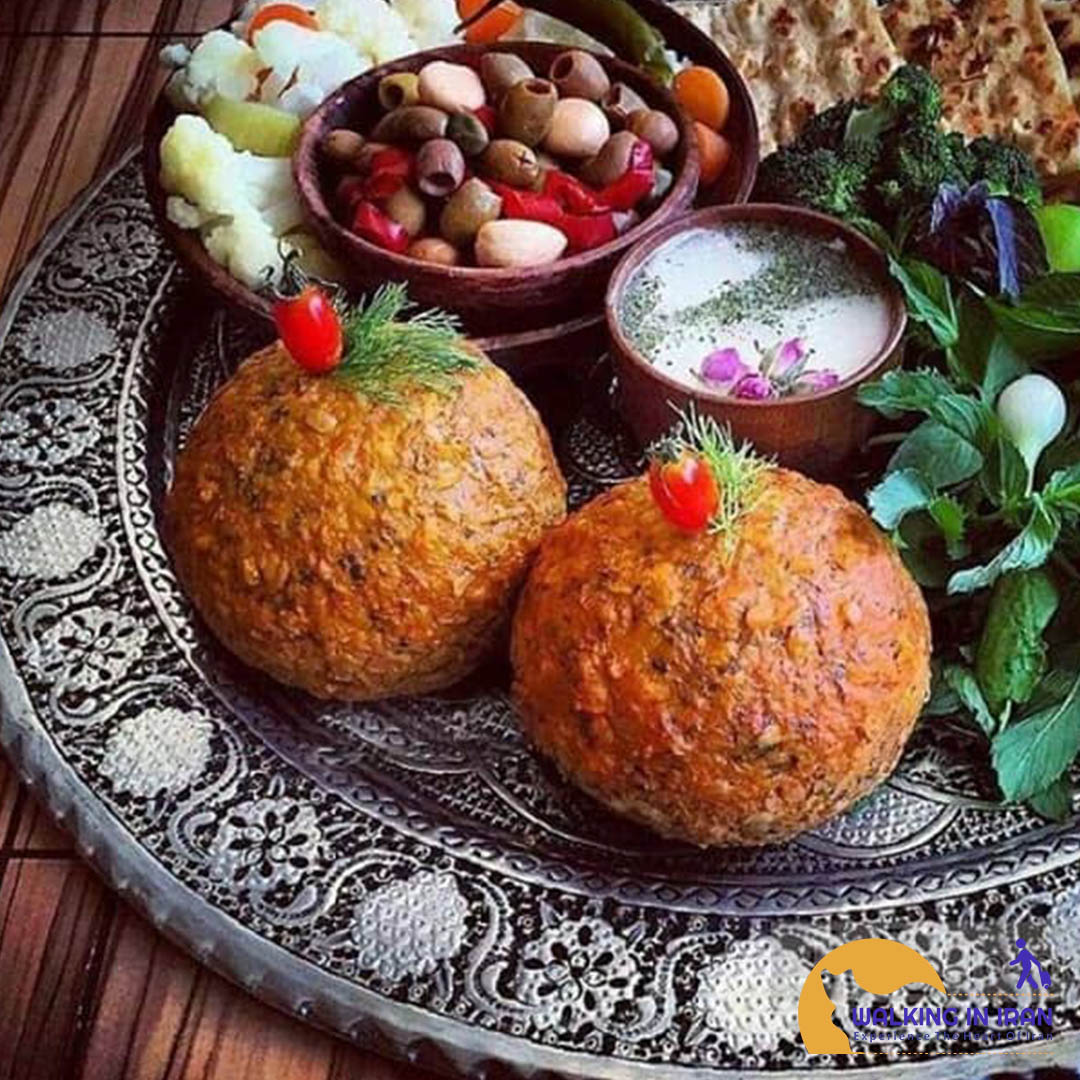Gold weaving: an original and valuable art in Iran’s cultural heritage
Zaribafi is one of the most valuable and delicate handicrafts of Iran, which creates complex and beautiful designs on the fabric by using gold and silver threads. This original art has its roots in the rich history and culture of Iran and has come to us as a precious heritage from past generations.
History and background
The roots of gold weaving go back to the Sassanid era. During this period, this art reached its peak of prosperity and Iranian woven fabrics were exported to other countries of the world. With the arrival of Islam in Iran, the production of zarbaft fabrics was accompanied by ups and downs, but this art never completely disappeared and we witnessed its revival in different historical periods, especially during the Safavid era.
Materials and tools
Gold and silver thread: They are made from the thinnest gold and silver threads and are hand-woven on the fabric.
Base fabric: High quality silk or cotton fabrics are usually used.
Dar Qali: It is a device used for weaving zarabaft fabrics.
Needle: a special needle for working with gold and silver threads.
Production process
Design: Zaribafi designs are very diverse and include geometric, vegetable, slime and animal designs.
Fabric preparation: The base fabric is prepared and the design is placed on it.
Weaving: Gold and silver threads are woven on the fabric using a carpet hook and needle.
Finishing: After finishing the weave, the zerbaft fabric is washed and polished to maintain its shine and beauty.
Applications
Zerbaft fabrics have a variety of uses due to their beauty and high value:
Ceremonial clothes: It was used to sew the ceremonial clothes of kings and nobles.
Interior decoration: Zarbaft fabrics were used to decorate palaces and aristocratic homes.
Exquisite gifts: They were given as valuable gifts to kings and elders.
Handicrafts: It is used to make a variety of handicrafts such as bags, wallets and tablecloths.




Join The Discussion